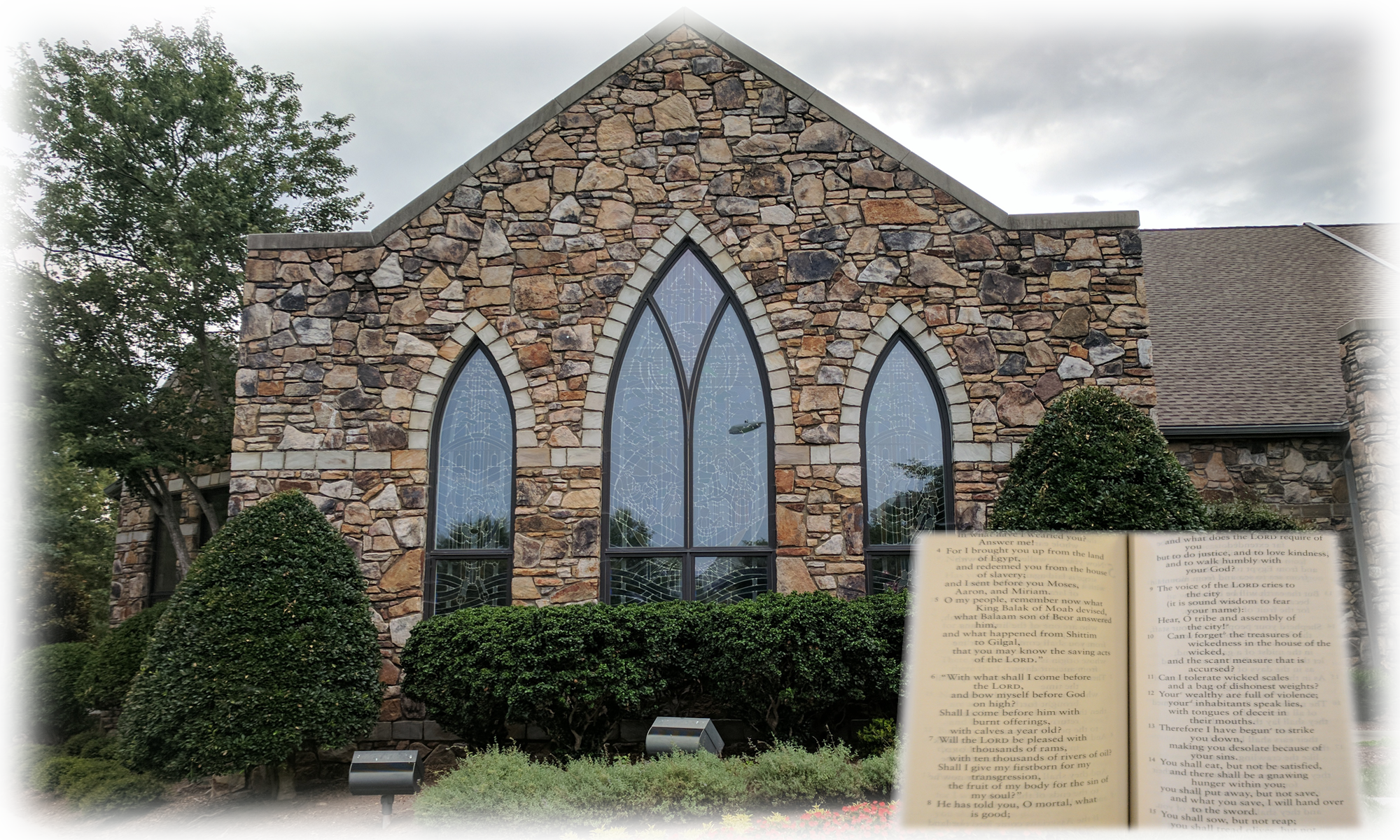Topics for Discussion
- The Pre-Easter vs Post-Easter construct by Borg
- Competing Biblical narratives of Jesus with a focus on competing birth stories as an exemplar to the challenges of Biblical literalism.
- Who was the historical Jesus and what was the cultural context in which He lived?
- Where was the physical territory of Jesus’ life?
- Who controlled the territory?
- What was (were) the dominant religion(s) of the people?
- What languages did the people largely speak?
- What was the economic structure?
Suggested Readings
- Borg
- Chapter 2: from opening What Manner of Man? The Pre-Easter Jesus to The Adult Jesus: A Sketch
- Bible
- Jesus’ birth – Matthew 2:1-12; Luke 2:1-20
- Maps
- Look at maps of ancient Galilee
